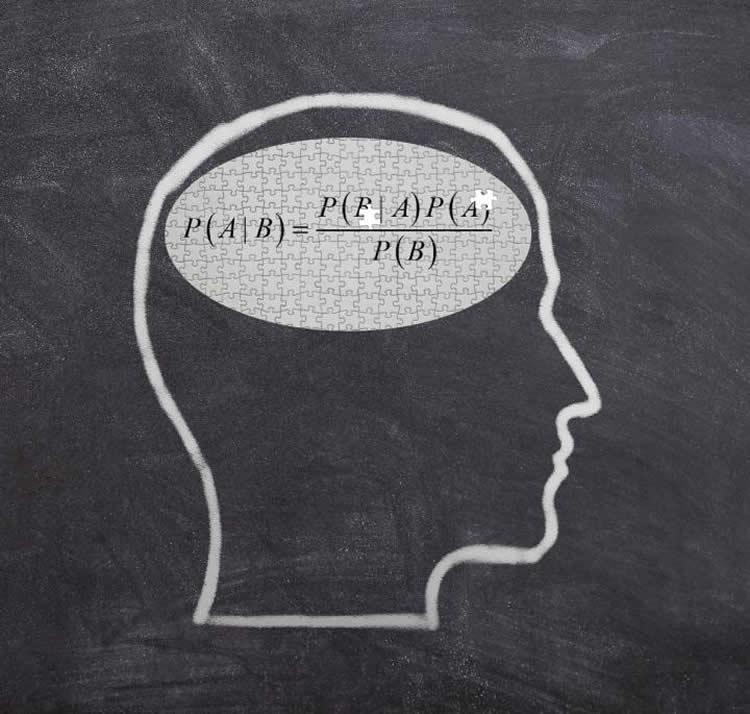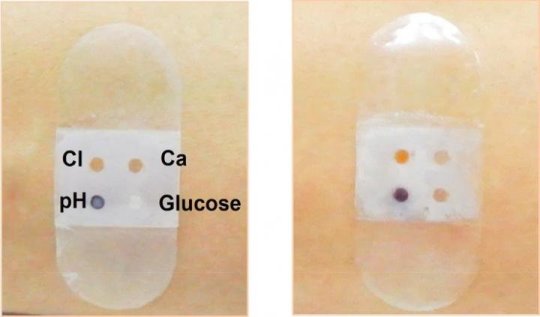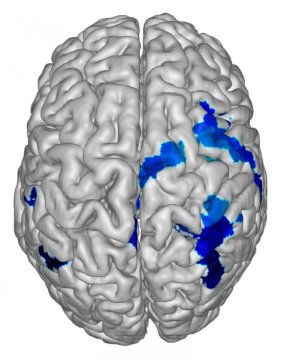Human perception is based on mathematically optimal principles, but the brain implements those principles imperfectly, suggests new research by Elina Stengård and Ronald van den Berg of the University of Uppsala, Sweden. They present their findings in PLOS Computational Biology. The human brain uses imprecise sensory inputs to determine truths about the surrounding environment. Previous research has suggested that human perception is “Bayesian,” meaning that the brain accounts for uncertainty of sensory observations in a mathematically optimal way. However, some of those studies have been criticized mathematically, and other research suggests…
Read MoreCategory: Health
Breast milk analyses show new opportunities for reducing risk of childhood obesity
New research suggests the composition of breast milk in normal weight mothers differs from that of overweight mothers, and that variations in small molecule metabolites found in breast milk are possible risk factors for childhood obesity. The new research is published online in The American Journal of Clinical Nutrition. It’s known that maternal obesity is one of the strongest predictors of childhood obesity. “Childhood obesity increases risk for type 2 diabetes, and a host of other health complications. Our aim is to identify the earliest risk factors that predict obesity in…
Read MoreBiosensor ‘bandage’ collects and analyzes sweat
Like other biofluids, sweat contains a wealth of information about what’s going on inside the body. However, collecting the fluid for analysis, usually by dripping or absorbing it from the skin’s surface, can be time-consuming and messy. Now, researchers have developed a bandage-like biosensor that both collects and — in conjunction with a smart phone — analyzes sweat. The device, which could someday help diagnose diseases, is reported in ACS’ journal Analytical Chemistry. Compared with other biofluids such as blood, sweat has the potential to be obtained less invasively for diagnostic…
Read MoreWant to learn a new skill? Take some short breaks
In a study of healthy volunteers, National Institutes of Health researchers found that our brains may solidify the memories of new skills we just practiced a few seconds earlier by taking a short rest. The results highlight the critically important role rest may play in learning. “Everyone thinks you need to ‘practice, practice, practice’ when learning something new. Instead, we found that resting, early and often, may be just as critical to learning as practice,” said Leonardo G. Cohen, M.D., Ph.D., senior investigator at NIH’s National Institute of Neurological Disorders…
Read MoreToo much of a good thing? High doses of vitamin D can lead to kidney failure
A 54-year-old man, after returning from a trip to Southeast Asia where he spent much of his holiday sunbathing, showed increased levels of creatinine, suggesting kidney damage or malfunction. After referral to a kidney specialist and further testing, it was discovered that he had been prescribed high doses of vitamin D by a naturopath, who recommended a dose of 8 drops every day. Over 2 ½ years, the patient, who did not have a history of bone loss or vitamin D deficiency, took 8-12 drops of vitamin D daily, totalling…
Read More



